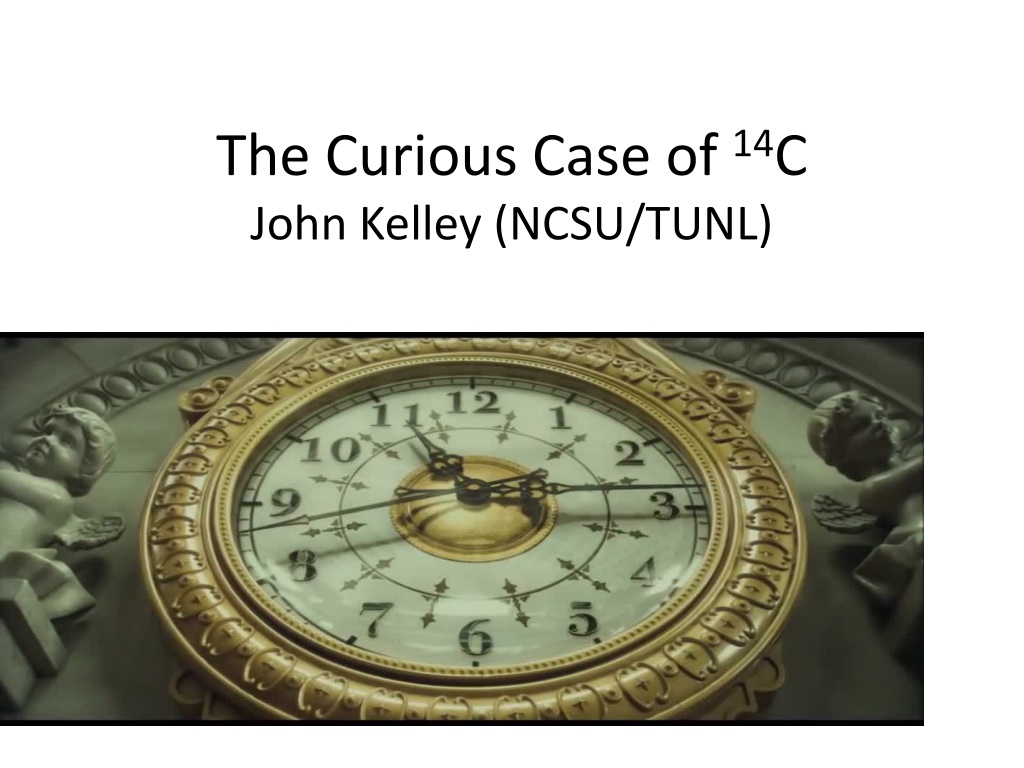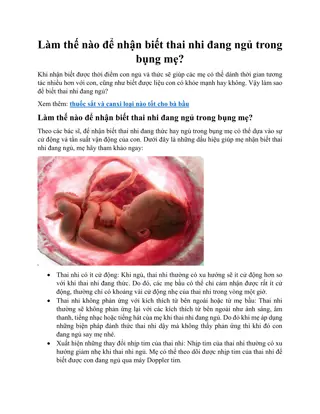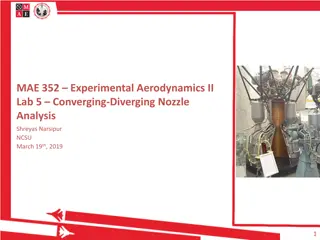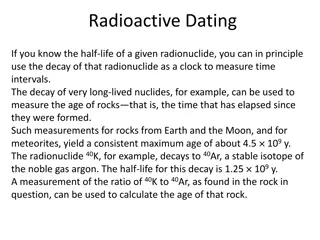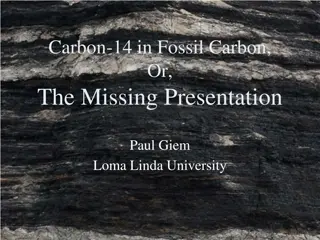The Curious Case of 14C John Kelley at NCSU
Radiocarbon dating is a valuable tool for determining the age of organic materials. The case of 14C John Kelley at NCSU sheds light on the complexities of radiocarbon dating through a series of results and visualizations. Despite being an imperfect science, efforts have been made to develop accurate calibration methods, enabling the dating of materials back to 50,000 years ago. The story unravels with a comparison of different radiocarbon dating results and the challenges faced in this field.
Download Presentation

Please find below an Image/Link to download the presentation.
The content on the website is provided AS IS for your information and personal use only. It may not be sold, licensed, or shared on other websites without obtaining consent from the author.If you encounter any issues during the download, it is possible that the publisher has removed the file from their server.
You are allowed to download the files provided on this website for personal or commercial use, subject to the condition that they are used lawfully. All files are the property of their respective owners.
The content on the website is provided AS IS for your information and personal use only. It may not be sold, licensed, or shared on other websites without obtaining consent from the author.
E N D
Presentation Transcript
The Curious Case of 14C John Kelley (NCSU/TUNL)
Radiocarbon Dating http://rses.anu.edu.au/services/radiocarbon-dating-laboratory/radiocarbon-dating-background
8)Engelkemeir 5580 +/- 45 yr (revised from 5720 +/- 47 yr in ref 11) 9) Jones 5589 +/- 75 yr 10) Miller 6360 +/- 190 yr 5513 +/- 165 yr 11) Engelkemeir: rev of 8 12) Hawkings 6360 +/- 200 yr Other results not directly cited 1946Re12: 4700 +/- 400 1948Ya02: 7200 +/- 500 1948No02: 5100 +/- 200 (1951Ma30: 5370 +/- 200)
Visualization 5568 +/- 30 years Adopted 8)Engelkemeir 5580 +/- 45 yr (revised from 5720 +/- 47 yr in ref 11) 9) Jones 5589 +/- 75 yr 10) Miller 6360 +/- 190 yr 5513 +/- 165 yr 11) Engelkemeir: rev of 8 12) Hawkings 6360 +/- 200 yr
Unweighted average
Widely Accepted (even as new data comes in)
So Whats the Real Story? 5686 40 years: Weighted average of all values below excluding (1952JE11). Note: Weighted average of the five most recent values is 5699 20 years. Compare with: 5730+/- 40 y (5th radiocarbon conf) or 5568 +/- 30 y (Libby)
An imperfect science, but much effort has gone into developing appropriate fudge factors Radiocarbon is a useful means for obtaining the age of death of a carbon- bearing organism. A robust and internationally agreed calibration has been developed back to 50,000 years ago. Annual tree rings provide the calibration back to ~12,594 yr BP and dated leaves in varved lake deposits alongside speleothems, corals and forams helped refine this calibration back to 50,000 years ago. http://rses.anu.edu.au/services/radiocarbon-dating-laboratory/radiocarbon-dating-background
